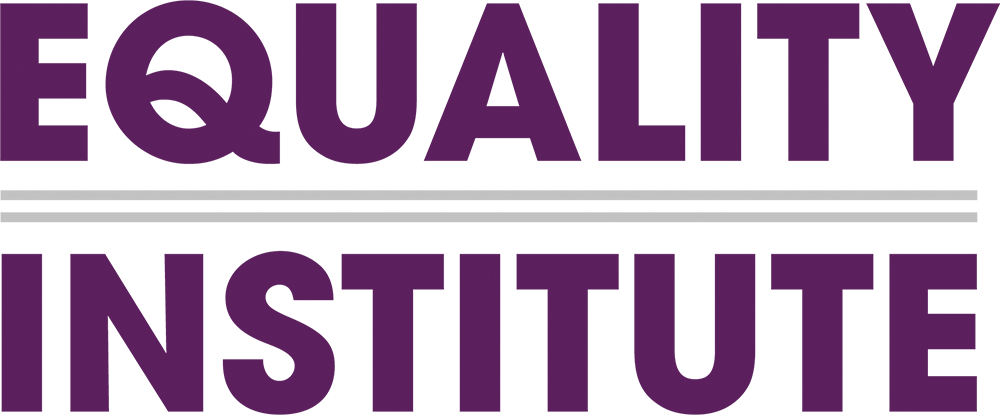5 Things / Patience
August is always a quiet time for work, which means lots of time for pickleball. In fact, I’m competing in a local tournament today. At tournaments, there’s a lot of time for conversation and bonding while we wait and watch other matches. The feeling of belonging alone is worth the price of admission.
I’ve observed that most of my pickleball mistakes are due to impatience, so my new mantra is: I’m a patient pickler. People laugh when I say it aloud, but they tend to agree. Impatience happens in conversation, too. How many times do you “listen to respond” when someone else is speaking? Thinking more of your response than being present for someone’s own sharing.
Guilty. But when we do that, we miss the chance to more deeply connect.
My intention for the rest of the year is patience. Patience with myself and others. Patience in the messiness of real conversation. On the pickleball court, and everywhere else.
This Week's Good Vibes:
Portugal pays up for period pain
Portugal has enacted a groundbreaking law granting up to three consecutive days of fully employer-paid leave per month for workers with severe, disabling menstrual pain caused by endometriosis or adenomyosis. While Spain led in 2023 with broader menstrual leave, Portugal’s move (effective April 26, 2025) is unique in its targeted recognition of two underdiagnosed conditions often dismissed as “just bad periods.” Endometriosis affects about 10% of women and people assigned female at birth. By linking workplace rights with universal healthcare access, this law chips away at the systemic bias that has historically minimized women’s pain and health. ♐ Audit leave policies, train managers to respond without stigma, and expand flexibility for all employees managing menstrual or chronic pain.
Rocky Mountain rolls out real access
Rocky Mountain National Park is rewriting what “public land” means by expanding accessibility for disabled visitors, despite national funding cuts. Upgrades now include a fully accessible bus with wheelchair lift, 130 new ADA-compliant picnic tables, and a fleet of free all-terrain GRIT wheelchairs. Even a winter-ready wheelchair sledge ensures no season is off-limits. This is systemic bias undone: for too long, disabled people have been excluded from outdoor spaces designed to belong to everyone. By offering equipment, guides in multiple formats, and inclusive education programs, the park sets a precedent for equitable access nationwide. ♐Audit physical and digital spaces for barriers.
Live Nation finally hits inclusion notes
Live Nation is turning up the volume on inclusion by certifying 25 of its U.S. and Canadian concert venues as sensory-friendly, in partnership with nonprofit KultureCity. This is the largest initiative of its kind in live entertainment. Crew members are trained to support neurodiverse guests, and venues offer sensory bags with calming tools and provide clear signage that directs people to quiet zones and headphone areas. The effort reframes live music as a place for belonging, especially as people with invisible disabilities have been shut out of cultural experiences. ♐Audit your customer experiences for sensory overload and train staff on neurodiverse inclusion.
Illinois schools the nation on queer rights
Illinois just made history as the first U.S. state to launch a free, statewide legal hotline for LGBTQ+ residents: IL Pride Connect. Backed by $350,000 in state and philanthropic support, the hotline offers bilingual legal help with healthcare (including gender-affirming care), discrimination, housing, benefits, and identity documents. This comes just weeks after the Trump administration dismantled the national LGBTQ+ youth crisis line. For queer and trans Illinoisans—especially youth, immigrants, and low-income residents—this hotline is a lifeline. Makes me a proud Illinoisan. ♐ How can your organization fill gaps left by federal rollbacks?
Princeton pays up, but diversity slips
Princeton just reset the financial aid bar, announcing that starting this fall, most families earning up to $250,000 will no longer pay tuition, while those making $150,000 or less will have tuition and expenses fully covered. That’s a $327 million commitment that can help middle-class families who are often “too rich” for aid but “too poor” to pay full freight. Note that Princeton’s incoming Black student enrollment has dropped to 5%, even as Asian American enrollment rises to 27%. ♐ Financial aid eases barriers, but without equity-focused recruitment, elite education risks becoming more exclusive, not less.
Good Vibes to Go:
Looking for a light, fun TV series? Check out Acupulco on Apple TV. The dialogue is in English and Spanish and it's a great celebration of family and culture.
